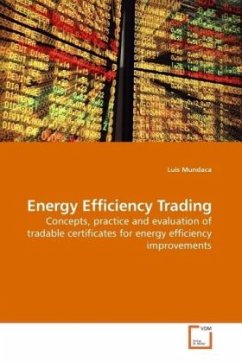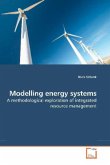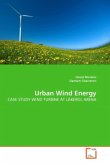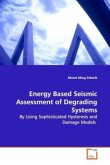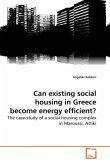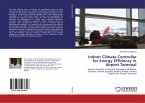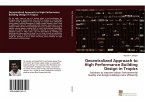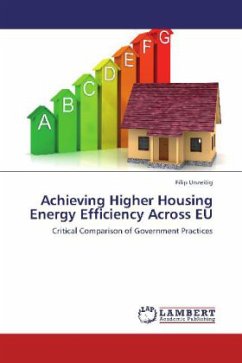Increased energy efficiency in the context of sustainable development has gained renewed political momentum because it can benefit the economy, the environment and society. Recently, new developments in energy and climate change policy have revealed a growing interest in implementing Tradable White Certificate (TWC) schemes as a new market-based policy instrument for improving energy efficiency. This book explores the consequences of establishing TWC schemes and answers questions concerning crucial market and policy conditions that affect their performance. It presents key concepts and methodological aspects involved in evaluating the effects of energy efficiency trading schemes. The research concentrates on several issues, including the forecasting of potential impacts, transaction costs, observed market behaviour and the costs and benefits to society. On the basis of different case studies, the book provides a comprehensive and objective evaluation revealing the failures and (potential) achievements of TWC schemes. This book should be of interest to policy makers, scholars, practitioners and energy companies involved in, or affected by, energy efficiency policy.
Bitte wählen Sie Ihr Anliegen aus.
Rechnungen
Retourenschein anfordern
Bestellstatus
Storno

